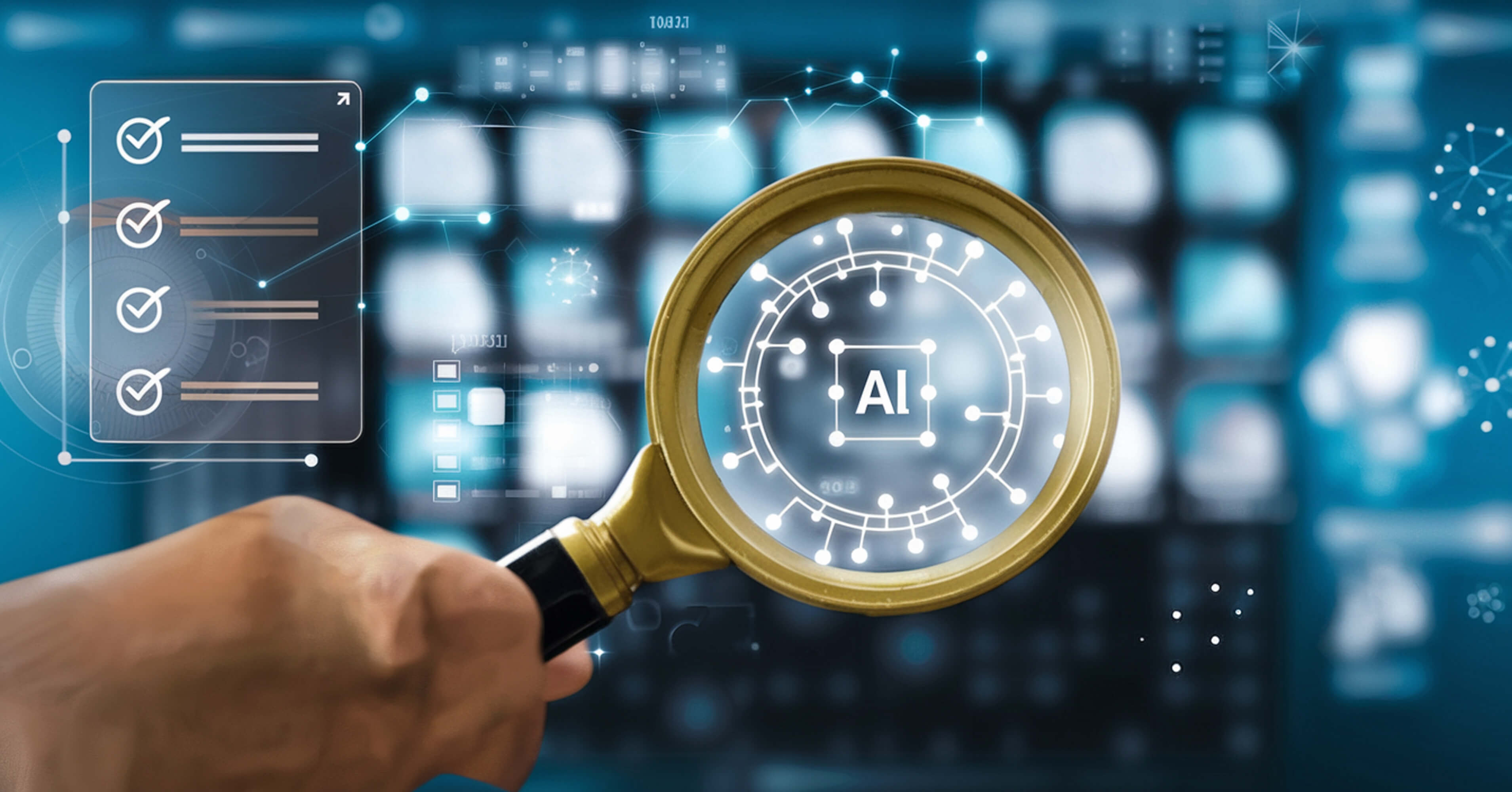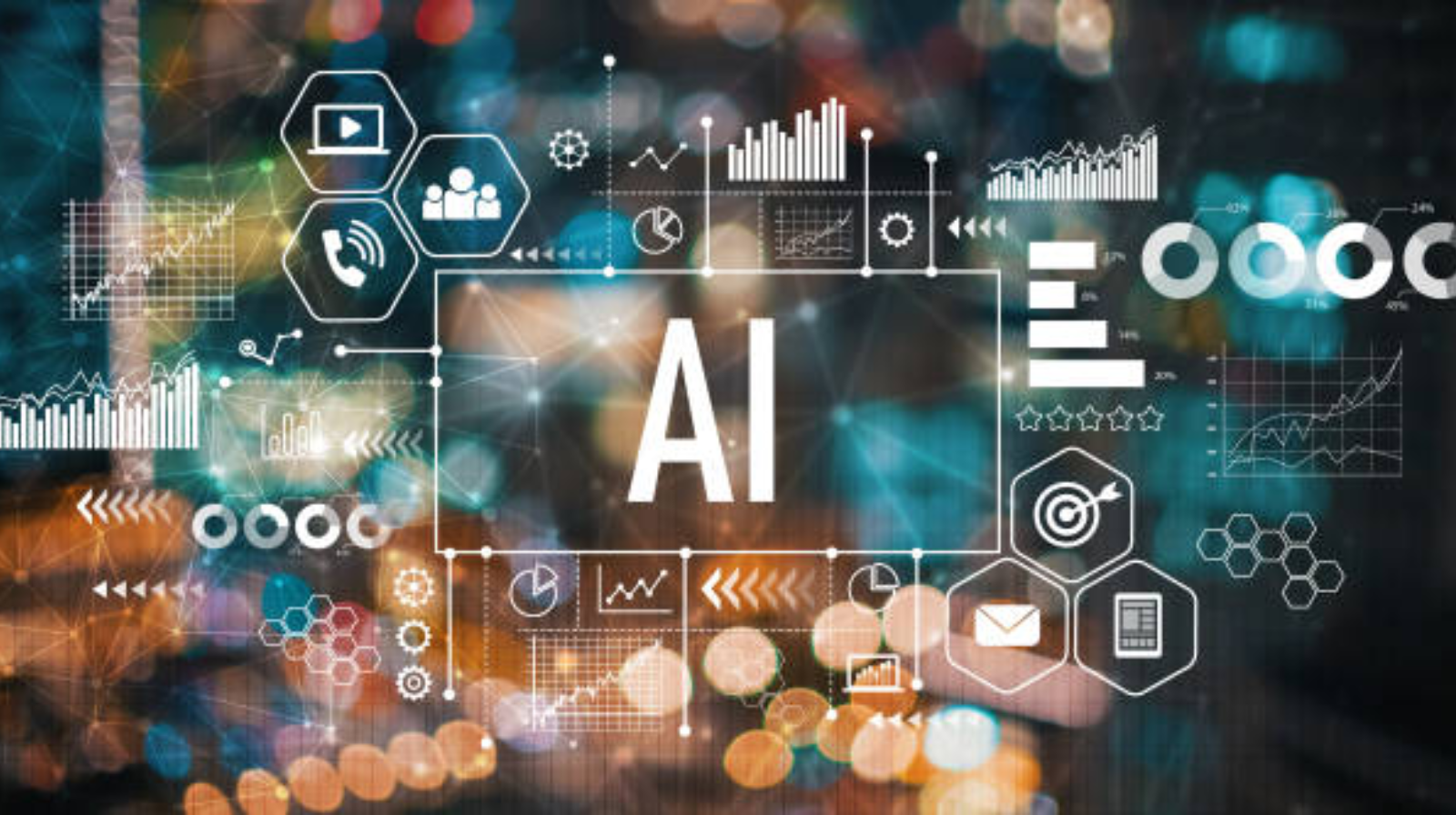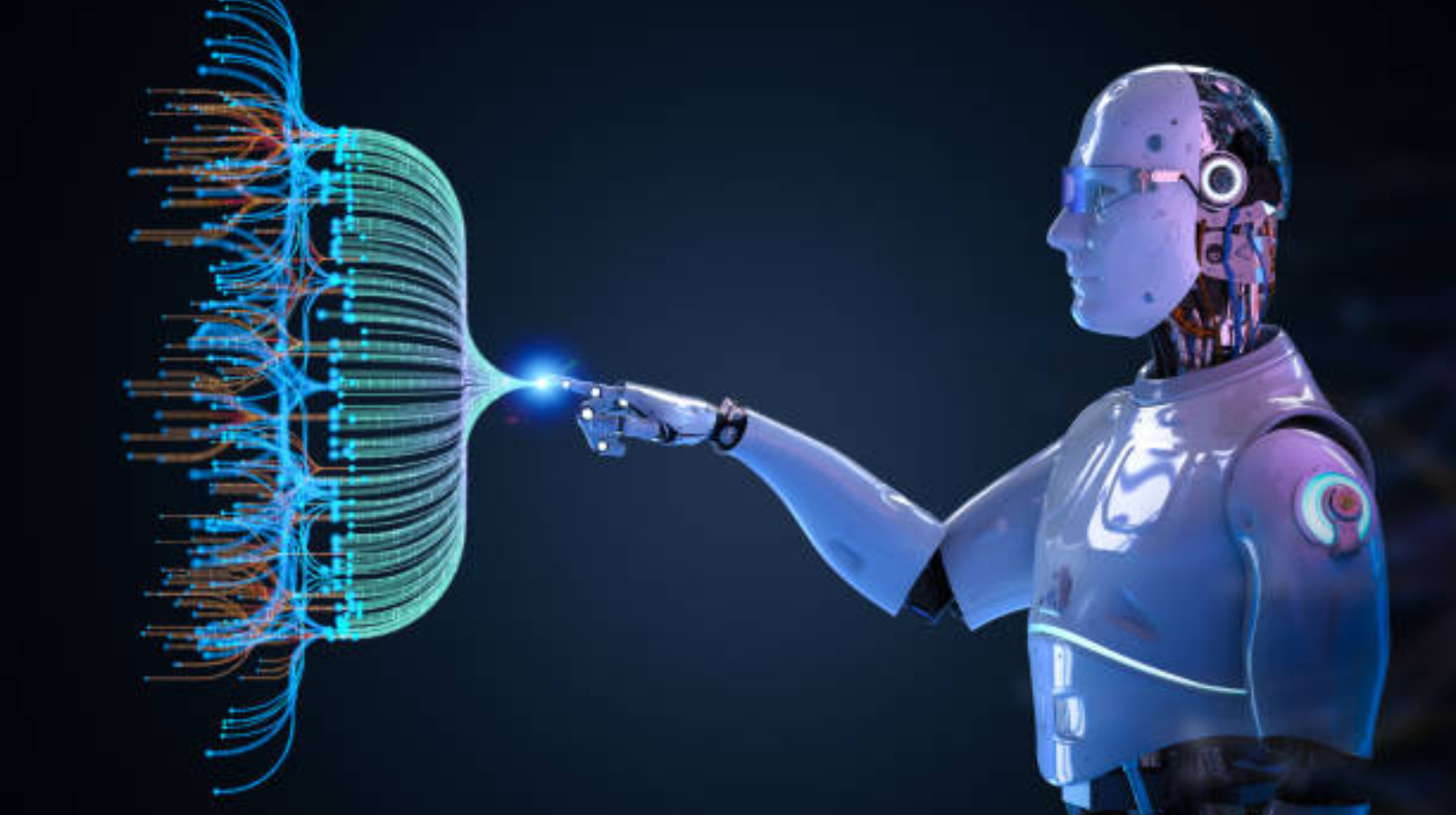In the modern digital age, how we search for and use information is changing at an unprecedented rate. Artificial Intelligence (AI) is no longer merely a futuristic dream, it's the power behind search engines, now changing the way individuals discover, learn and engage with information on the web.
Old-style search engines like Google, Bing and Yahoo were very dependent on keyword matching and backlink analysis. But AI based search engines, including Google's Gemini, Microsoft Copilot Search and Perplexity.ai elevate the game. They understand context, intent and relevance offering direct, personalized responses rather than a blue link list.
Let's dig into how AI search engines are transforming information discovery, their differences from conventional search and what this all means for the future of digital discovery and SEO.
Understanding the Evolution: From Traditional Search to AI-Powered Discovery
Search engines have been based on the simple principle of matching a user's keywords against web pages indexed and ranking them with algorithms such as Google's PageRank for years. The approach was good for decades, but as the internet expanded exponentially, so did the sophistication of the queries by the users.
Users no longer search with brief, straightforward keywords. They are complex, conversational and specific. Classic search engines were not built for this amount of sophistication.
That's where AI search engines came into play.
How AI Search Engines Operate Differently
AI-powered search systems leverage Natural Language Processing (NLP) and Machine Learning (ML) to:
- Make sense of the context behind a search query as opposed to mere words.
- Guess user intent based on previous searches and patterns.
- Provide direct, summarized responses rather than displaying several links.
- Learn and get better continuously through user interactions.
For instance, if you type "best way to begin SEO in 2025," a conventional search engine would present you with a bunch of articles. An AI search engine will, however, summarize the best approaches, suggest tools and even provide a step-by-step guide all in seconds.
The Key Differences Between Traditional and AI Search Engines
AI search engines are a total paradigm shift in the way online search works. Let's deconstruct the central differences:
Intent vs. Keywords
Classic search engines were mainly based on keyword strength, backlinks and domain strength. AI search however is all about recognizing intent.
It knows if the user is seeking to purchase, educate, compare or access fast facts and delivers accordingly.
Example:
- Traditional Search: “Best coffee shops London” → Shows directories and blog posts.
- AI Search: “Best coffee shops London” → Provides top-rated cafes, their locations, reviews, and even local recommendations based on your preferences.
Answer Generation vs. Link Lists
Instead of offering thousands of results to scroll through, AI search engines generate summarised answers or conversational responses.
They examine and combine information from various sources to create the most pertinent, brief response in real time.
Personalisation and Contextual Awareness
AI search engines employ your browsing history, location and behavior patterns to provide highly personalized results. This contextual understanding enables users to receive precisely what they require sometimes before they even complete typing.
Conversational Interaction
Unlike keyword-based searches, AI engines like ChatGPT Search, Gemini and Perplexity enable users to talk to the search engine.
You can ask follow-up questions, refine your query and get contextual responses just like having a conversation with a knowledgeable assistant.
Speed and Accuracy
Since AI systems can scan vast amounts of data in an instant, they deliver faster and more accurate answers. In the past, traditional search forced users to click several links to stitch together information; AI search gives it to them all at once.
How AI Search Engines Are Changing User Behavior
The introduction of AI-driven search has revolutionized the way people interact with online information.
Users Expect Immediate Answers
Individuals no longer wish to spend minutes browsing pages. They anticipate instant, chat-like responses. This is similar to how we interact with virtual assistants like Siri and Alexa swift, voice-based, and precise.
Search Is Getting More Conversational
With AI search, users have continuous conversations instead of one-time queries. You can pose follow-up questions, seek clarification, or ask for examples so search is a more interactive process.
Fewer Clicks, More Engagement
AI summarization ensures people don't necessarily have to click on websites. This lowers total site traffic but raises the quality of engagement because people who do click are actually interested.
Trust and Credibility Are Essential
Since AI search is so dependent on high-quality, verified information, credibility is more essential than ever. Sites that create original, factual, and credible content are rewarded.
The SEO Impact: What This Means for Businesses and Marketers
With AI search on the upswing, SEO rules are changing. Companies can no longer focus on keyword rankings alone; they have to optimize for AI discovery.
Optimising for Intent and Context
Content creators have to think about answering particular questions and satisfying why behind a query. In-depth, informative content that provides actual value will be most effective.
Structured Data and Semantic SEO
AI search engines scan information semantically, not textually. Structured data, schema markup, and entity-based SEO therefore make it easier for AI to comprehend your content.
E-E-A-T Counts More
Google's AI platforms are heavily dependent on Expertise, Experience, Authoritativeness, and Trustworthiness (E-E-A-T).
Proving expertise through author bios, valid sources, and extensive descriptions makes your content rank in AI-generated summaries.
Content for AI Summaries
With AI summarization, featured snippets and zero-click searches are on the rise. Being optimized for these summaries can have a big impact on visibility.
Tips:
- Make use of question-based headings.
- Offer concise fact-based answers at the beginning of each section.
- Include examples, data, and expert opinions.
Visual and Voice Search Integration
AI search is also closing the gap between visual recognition and voice commands. Marketers need to optimize for voice search queries and visual content, with descriptive alt text and metadata for images.
The Future of Search: Where AI Is Leading Us
The future of AI search engines is just unfolding. Future breakthroughs will take this revolution further.
Predictive Search
AI will start anticipating user needs even before they search. Picture this: getting personalized suggestions, articles, or answers based on your past behavior or current context.
Multimodal Search
Search will become multimodal, meaning users can input images, text, and voice simultaneously. For example, uploading a photo of a product could instantly return similar designs, pricing, and stores.
Enhanced Personalisation
AI search engines will build deeper user profiles, creating hyper-personalised search journeys. This will make search more relevant but will also raise questions about privacy and data ethics.
Integration with Everyday Tools
Search powered by AI will be integrated smoothly across platforms — from email and shopping apps to smart homes and wearables making discovery of information easy and intuitive.
Balancing Efficiency with Human Touch
While AI search engines are speedy and efficient, they are not perfect. They tend to offer skewed or partial results, particularly if trained on sparse data.
That's why human judgment and editorial control remain relevant. The optimal outcome is achieved when AI tools are partnered with genuine human intelligence.
Marketers, teachers and business owners need to emphasize creating human-oriented content which complements AI discovery — content that teaches, inspires trust, and provides fresh perspectives.
How You Can Adapt Your SEO Strategy for AI Search
To remain competitive in this new AI era, these are steps to future-proof your SEO strategy:
- Opt for conversational content — speak naturally to your audience.
- Answer intent-driven questions — produce FAQ pages, how-to articles, and list posts.
- Use schema markup — make your content machine-readable.
- Highlight authority — add references, data, and author credentials.
- Optimize for voice and visual search — go beyond text.
- Track AI-driven traffic patterns — services such as Google Search Console's AI insights enable tracking how users access your site via AI-driven features.
A Smarter, More Personal Future of Search
AI-powered search engines are revolutionizing the way we discover and access information. Rather than wading through numerous links, users now receive contextual, conversational, and personalized responses.
For businesses, marketers, and SEO professionals, this shift is both a threat and opportunity. To succeed now relies on the production of high-quality content that is human-centered and fit for AI systems to interpret context and intent.
The future of search isn't algorithms alone, it's about creating meaningful relationships between people and information. AI can drive the process, but it's ultimately the human element that imbues search with real purpose.





